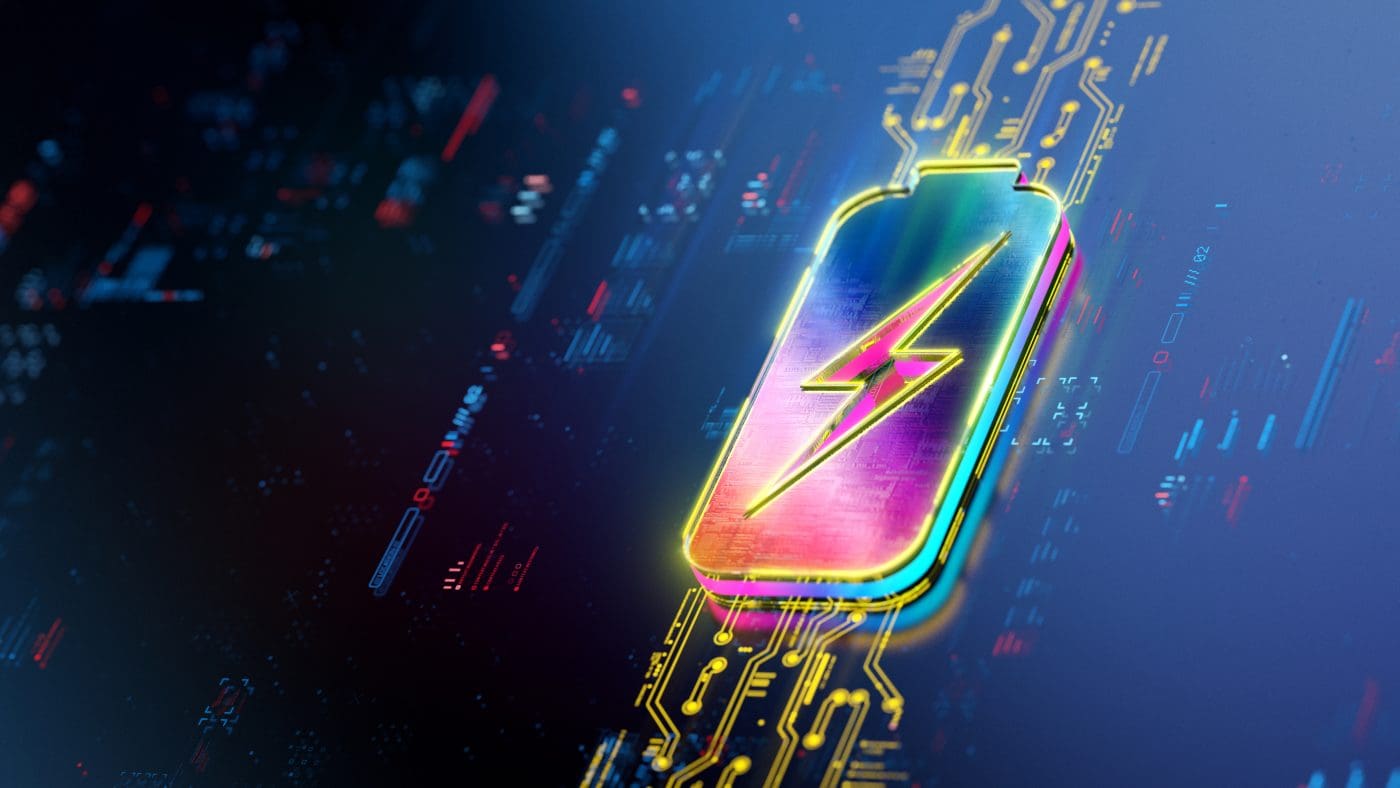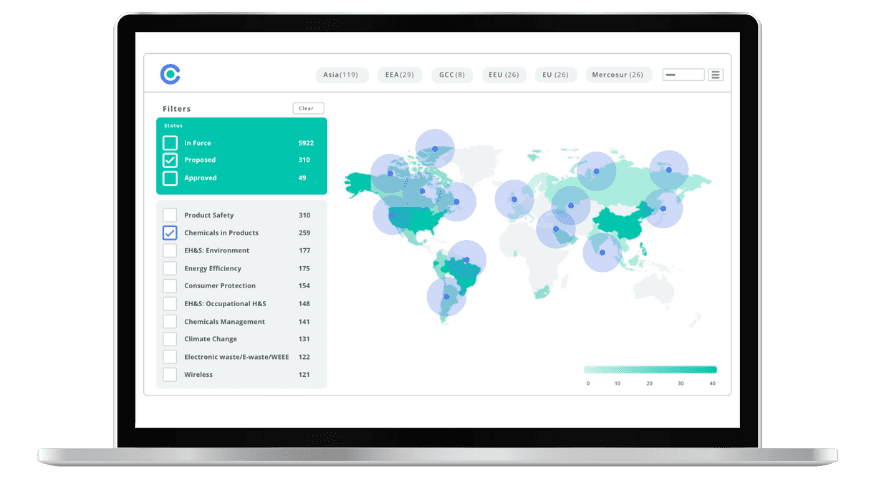
Understanding SNI Certification for Batteries in Indonesia

This blog was originally posted on 2nd May, 2025. Further regulatory developments may have occurred after publication. To keep up-to-date with the latest compliance news, sign up to our newsletter.
AUTHORED BY ANDREW O’NEILL, REGULATORY COMPLIANCE SPECIALIST, COMPLIANCE & RISKS
Introduction
As Indonesia’s economy expands and the demand for battery-powered technologies surges, ensuring compliance with national standards becomes not just a regulatory formality, but a critical business requirement. For manufacturers, importers, and distributors, understanding and obtaining SNI (Standar Nasional Indonesia) certification is essential for market access, consumer trust, and legal compliance. This post explores how SNI certification operates, especially for batteries, and why overlooking it could jeopardize a company’s ability to compete in Indonesia’s dynamic marketplace.
What Is SNI Certification?
SNI Certification is Indonesia’s system for ensuring that products meet nationally recognized standards for safety, quality, and environmental protection. Mandated by Indonesia’s Law No. 20/2014 on Standardization and Conformity Assessment, products like batteries must be certified before they are marketed or sold in the country.
For batteries, the relevant standards often include SNI IEC 60086-1 (for primary batteries) and specialized standards for batteries used in electric vehicles, such as SNI 8871:2019 and SNI 8927:2020. Certification involves testing by accredited laboratories, factory audits, and ongoing surveillance to ensure continued compliance.
SNI Certification ensures that batteries:
- Meet technical performance requirements.
- Are safe for consumers.
- Minimize environmental harm through proper labeling and recyclability considerations.
Case Study: Electric Motorcycle Batteries
Indonesia’s push for electric mobility, especially two-wheeled vehicles, showcases the importance of SNI certification. Batteries used in electric motorcycles must comply with specific SNI standards that address safety during charging, thermal management, and crash scenarios.
Failure to obtain SNI certification means these batteries cannot be legally sold or installed in electric motorcycles marketed in Indonesia after the 20th of May 2025. This not only limits business opportunities but also risks penalties and forced recalls for non-compliant companies.
In contrast, small embedded batteries in items like GPS trackers installed on motorcycles might not need separate SNI certification if they are integral to a larger, already certified device. However, this distinction must be evaluated carefully.
When Is SNI Certification Required?
Several scenarios highlight when SNI certification is mandatory:
- Standalone Batteries: AA, AAA, or industrial batteries sold individually must be certified under SNI IEC 60086-1 or equivalent.
- Battery Packs: Battery assemblies used for renewable energy storage or industrial applications are subject to their own SNI requirements.
- Removable Batteries in Devices: If marketed separately (e.g., a swappable e-bike battery sold as a replacement), the battery itself must carry SNI certification.
- Integrated Batteries: Batteries permanently integrated into finished goods (like sealed smartphone batteries) may not need separate SNI certification but still must comply with broader product standards.
Manufacturer Challenges
Manufacturers seeking to navigate the Indonesian market face several practical challenges:
- Labeling Requirements: Products certified under SNI must bear the SNI mark and certificate number either on the product, the packaging, or both, depending on size and technical regulations.
- Factory Inspections: To maintain certification, manufacturers must submit to periodic audits by governmental bodies, ensuring that production remains consistent with approved samples.
- Technical Documentation: Companies must maintain extensive records, including test reports and production quality control plans, which may need to be presented during market surveillance activities.
Missteps in certification or labeling can lead to shipment rejections at customs, forced market withdrawals, or substantial fines.
Why This Matters for Sustainability
Indonesia’s SNI system, particularly for batteries, plays an important role in environmental stewardship. Proper certification ensures that batteries meet design standards that facilitate safer use, longer lifespan, and easier recyclability.
By enforcing proper labeling such as information on chemical contents and safe disposal instructions Indonesia aims to reduce environmental impacts and align its domestic industries with global circular economy principles. Companies participating in the SNI system thus contribute directly to Indonesia’s broader goals for sustainability and carbon reduction.
Conclusion: Certification with Consequences
In an era where batteries power everything from smartphones to electric vehicles, SNI certification is not just a procedural hurdle, it’s a gateway to doing business in Southeast Asia’s largest economy. Whether dealing with tiny coin cells or large traction batteries for vehicles, understanding when and how to obtain SNI certification is crucial.
Manufacturers and importers must take a proactive approach, review product classifications carefully, ensure testing and labeling compliance, and stay informed of evolving regulatory updates. Far from being just another sticker, the SNI mark represents a company’s commitment to quality, safety, and environmental responsibility values that resonate deeply in Indonesia’s fast-changing market.
Navigating the SNI system today means ensuring your place in tomorrow’s energy economy.
Stay Ahead Of Battery Regulatory Changes
Want to stay ahead of battery regulatory developments?
Accelerate your ability to achieve, maintain & expand market access for all products in global markets with C2P – your key to unlocking market access, trusted by more than 300 of the world’s leading brands.
C2P is an enterprise SaaS platform providing everything you need in one place to achieve your business objectives by proving compliance in over 195 countries.
C2P is purpose-built to be tailored to your specific needs with comprehensive capabilities that enable enterprise-wide management of regulations, standards, requirements and evidence.
Add-on packages help accelerate market access through use-case-specific solutions, global regulatory content, a global team of subject matter experts, and professional services.
- Accelerate time-to-market for products
- Reduce non-compliance risks that impact your ability to meet business goals and cause reputational damage
- Enable business continuity by digitizing your compliance process and building corporate memory
- Improve efficiency and enable your team to focus on business critical initiatives rather than manual tasks
- Save time with access to Compliance & Risks’ extensive Knowledge Partner network

PFAS Under Pressure: Key Trends and Challenges Worldwide
Get a comprehensive overview of regulatory developments beyond the U.S. and EU, highlighting emerging trends, regional challenges, and the implications for industry compliance and sustainability.


